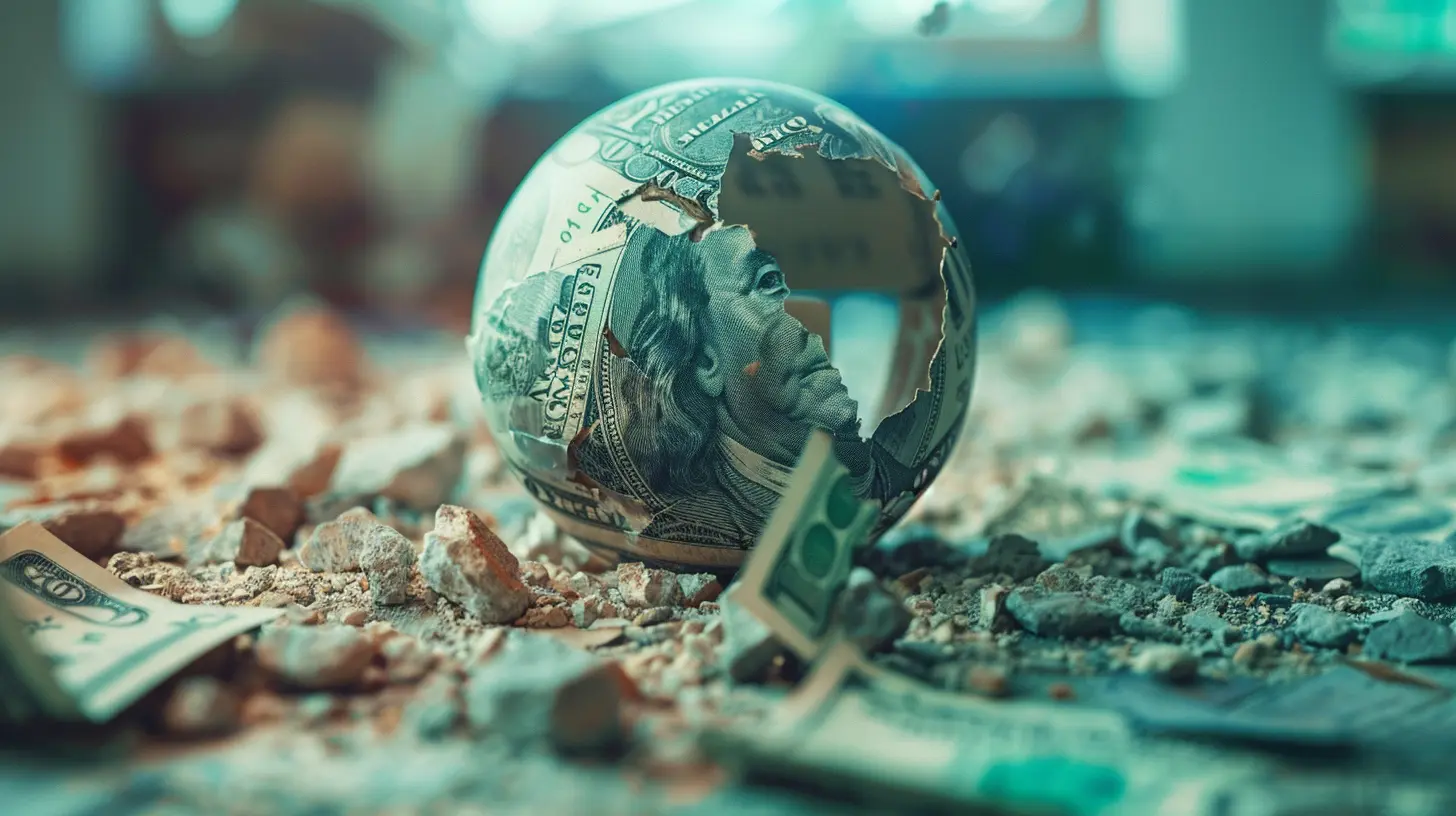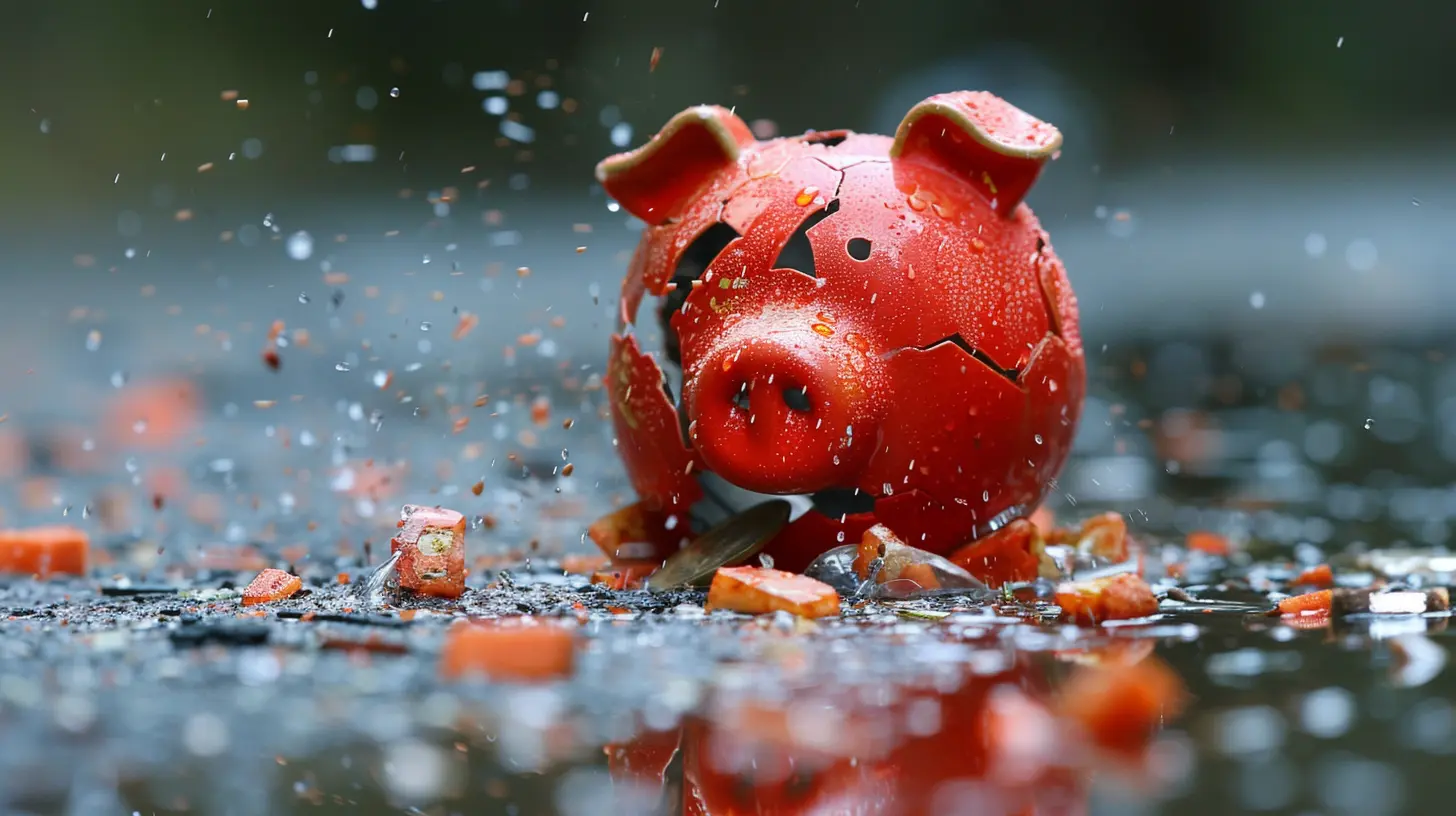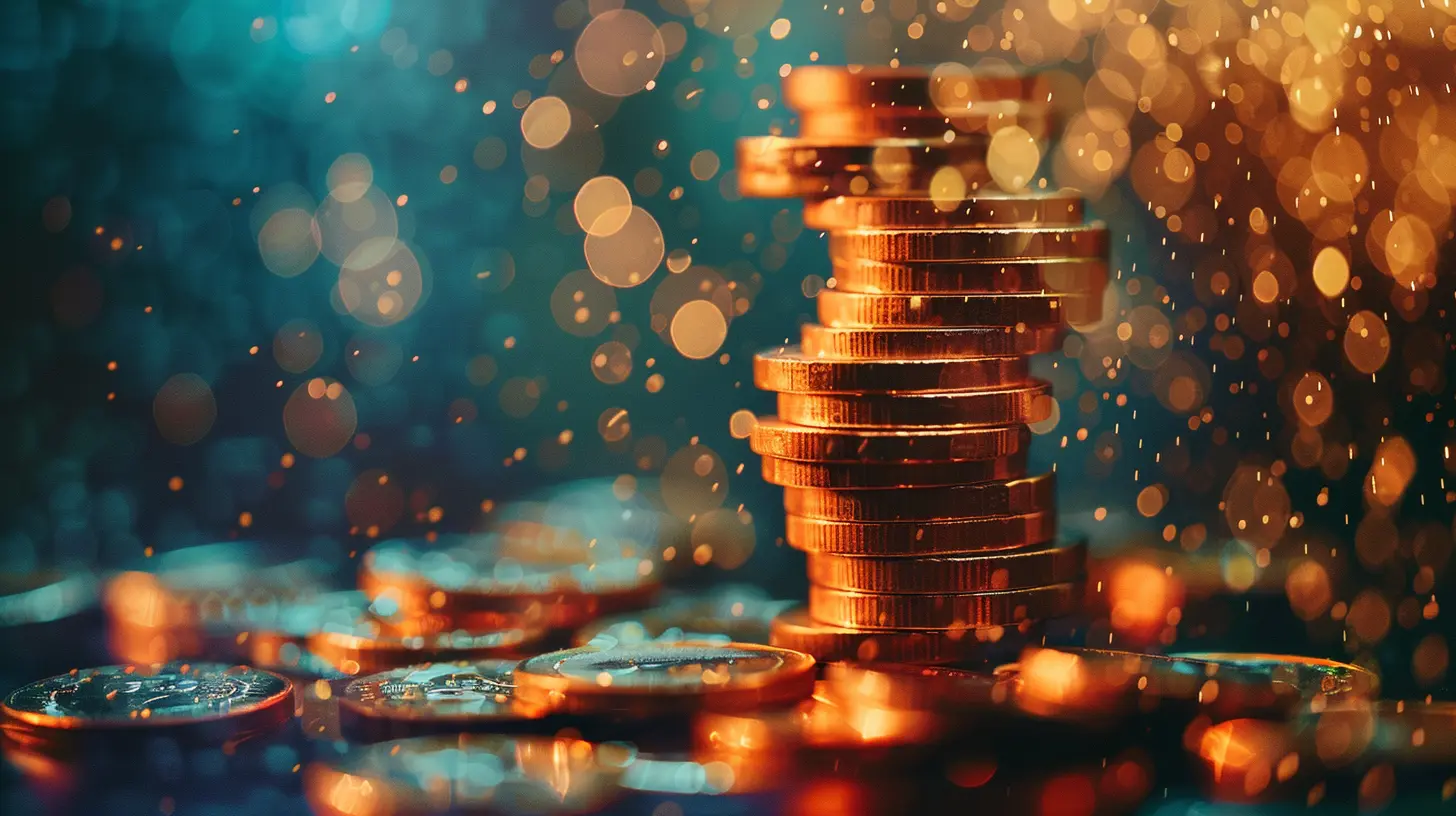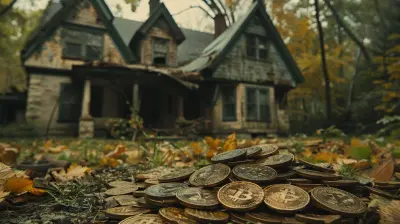Should You Pay Off Debts or Save Cash Before a Recession?
17 August 2025
Recession—it’s that scary word that makes people tighten their wallets and rethink their financial moves. When the economy starts to wobble, an important question pops up: Should you pay off debts or save cash before a recession?
It’s like being stuck between a rock and a hard place. On one hand, debt is a burden that can weigh you down when times get tough. On the other hand, having a cash cushion can be a lifesaver if your income takes a hit. So, what’s the best move? Let’s break it down in a fun and easy-to-digest way! 
Why Recessions Are a Game Changer
Before we dive into the debt vs. savings debate, let’s talk about why recessions matter.A recession is when the economy slows down—businesses make less money, people lose jobs, and stock markets take a rollercoaster ride (the scary kind, not the fun kind). When this happens, financial stability becomes a top priority.
Here’s what typically happens:
- Jobs become harder to find
- Credit becomes more expensive
- People cut back on spending
- The future feels extra uncertain
With all that uncertainty creeping in, having solid financial footing becomes more important than ever. This is why the "pay off debt vs. save cash" debate even exists. 
The Case for Paying Off Debt
Imagine your debt as a leaky bucket. Even if you’re pouring money into savings, that bucket keeps losing water. Debt, especially high-interest debt (like credit cards), can eat away at your financial progress.Here’s why tackling debt first might be a smart move:
1. High-Interest Debt is a Money Sucker
Credit card debt can have interest rates of 20% or more! If you owe $5,000, you could be paying over $1,000 a year in interest alone—money that could go toward savings instead.2. Less Debt Means More Flexibility
Imagine heading into a recession with no monthly debt payments. That’s fewer financial commitments and more breathing room! If you lose your job, you won’t have creditors knocking on your door.3. Boosts Your Credit Score
Paying down debt improves your credit utilization ratio, which can make a huge difference in your credit score. A strong credit score can be a big help if you need to refinance your mortgage or take out a loan during tough times.4. Peace of Mind is Priceless
Debt can be stressful—like carrying a backpack full of bricks. Paying it off before a recession can relieve that burden and help you sleep better at night.But wait… what if paying off debt leaves you with little to no savings? That brings us to the other side of this debate! 
The Case for Saving Cash
Now, let’s flip the coin. What if you focus on saving instead of rushing to pay off your debts? Here’s why building up your cash reserve before a recession might be the smarter choice.1. Emergency Fund = Financial Lifeline
An emergency fund is like a financial airbag—it softens the blow if things go south. If you suddenly lose your job, having three to six months’ worth of expenses saved up gives you breathing room to figure things out.2. Liquidity is Key
Paying off debt is great, but once you send that money to your creditors, it’s gone. If a recession hits and you have an emergency, you can’t ask your credit card company for a refund. Having cash on hand gives you flexibility.3. Opportunities May Arise
Recessions often bring financial opportunities. Housing prices may drop, stocks may go on sale, or businesses may need investors. Having cash readily available means you can take advantage of opportunities while others struggle.4. Debt Payments Can Wait (Sometimes)
If a recession creates financial hardship, some lenders may offer relief options like deferments or lower interest rates. In contrast, savings can help you survive without relying on credit.So, which is better? A pile of cash or a debt-free life? The answer isn't one-size-fits-all. 
The Best Strategy: A Balanced Approach
Here’s the truth: Both saving and paying off debt are important, but the right approach depends on your financial situation. Instead of going all-in on one, why not do a mix of both?1. Start with an Emergency Fund
Before aggressively paying off debt, make sure you have a small emergency fund—at least $1,000 to $2,000. This way, you have a financial cushion in case of an unexpected expense.2. Prioritize High-Interest Debt
Focus on getting rid of high-interest credit card debt first since it's the biggest financial drain. Keep making minimum payments on lower-interest debts (like student loans) while tackling high-interest ones ASAP.3. Build a Bigger Cash Cushion
Once your high-interest debt is under control, start growing your emergency fund to three to six months’ worth of living expenses. This will help you survive a potential job loss or unexpected financial hit.4. Continue Paying Off Low-Interest Debt
If you have lower-interest debt (like a mortgage or car loan), you can gradually pay it off while continuing to save. The key is balance—don’t over-prioritize one at the expense of the other.Final Thoughts: Which Should You Do?
So, should you pay off debts or save cash before a recession? The answer is—it depends on your situation.- If you have high-interest debt, tackle that first while keeping a small emergency fund.
- If your debt is manageable, focus on boosting your savings so you’re prepared for financial uncertainties.
- If you can, do both! Balance is key—protect yourself without depleting your financial security.
At the end of the day, the goal is financial stability. A recession can be unpredictable, but by preparing wisely, you’ll be able to weather any financial storm that comes your way!
all images in this post were generated using AI tools
Category:
Recession PreparationAuthor:

Zavier Larsen
Discussion
rate this article
1 comments
Capri Luna
In uncertain economic times, balancing debt repayment and savings becomes a philosophical dilemma: is financial security in having liquid assets more crucial than the liberation that comes with being debt-free?
August 27, 2025 at 3:11 AM

Zavier Larsen
In uncertain times, prioritizing liquidity can provide essential security, while paying off debt offers freedom. The right choice depends on individual circumstances and risk tolerance.


